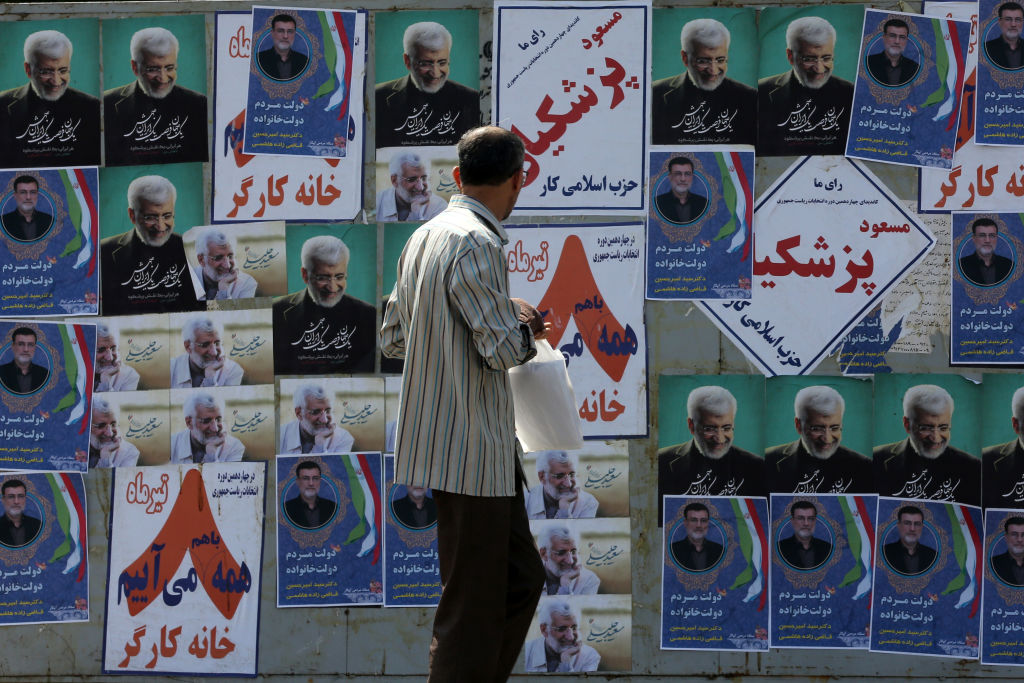 Image source, Getty Images
Image source, Getty Images
Thomas Duncan
BBC Sport Scotland
The glory of the title. The magic of the Scottish Cup. The warm glow of third place or a top-six berth.
There is plenty to play for in the second half of the season, but it is also worth considering exactly what teams might be playing for with European football in mind.
As a previously swollen coefficient starts to shrink, the rewards for Scottish clubs are diminishing, which has consequences for summer plans, trips for fans, and valuable cash for clubs.
Here is what Scotland's clubs stand to gain next season.
Guaranteed Champions League ends
Champions Celtic have enjoyed direct qualification to the group or league phase of the Champions League for the last three seasons.
Manager Brendan Rodgers has made clear what a difference it made to avoid the qualifiers, with more guaranteed money to spend and pre-season preparations less rushed.
That guaranteed gravy train ends from next season, though. Scotland's champions will enter in the play-off round, and so will need to win one tie to reach the 36-team league phase.
That two-leg affair will come against a fellow domestic champion from countries ranked below Scotland in the coefficient standings for next season, for example Denmark, Serbia, or Greece.
There is still a way the Scottish champions could sneak into the league phase directly, though.
If the Champions League winner has already qualified via their domestic league, then their place goes to the domestic champion with the best five-year coefficient who has not already qualified directly.
Celtic are not in a great position to claim this, though Rangers would be as they are ranked higher because of their Europa League successes.
The Premiership winners have the consolation prize of a Europa League place should they fail in the play-off round, though.
Meanwhile, it gets worse for the Premiership runners-up too. Rangers started in the third round of qualifying this term, before losing in the play-off round to Dynamo Kyiv.
Round two is now the starting point, so whoever finishes second would have to negotiate three rounds of qualifying to reach the Champions League.
As long as they win one tie, though, a Europa League place is assured.
Image source, BBC Sport
Image caption,*If league champions or runners-up win Scottish Cup, third place gets their spot
Huge Scottish Cup incentive
As has been the case in the last three seasons, the Scottish Cup winners qualify for the play-off round of the Europa League, with the failsafe of a Conference League berth should they lose that.
That is a huge incentive again for clubs outside the Old Firm to go all out for the cup, as it trumps third spot.
If one of the top two sides in the Premiership - likely Celtic and Rangers - win the cup, this privilege goes to the third-place side in the league, currently Dundee United.
Third place in itself earns a spot in the second round of Europa League qualifying, while fourth gets you the equivalent starting point in the Conference League.
Again, as has been the case in recent seasons, a cup win for the top two would mean fourth place takes the early Europa League place, while fifth spot gets you Conference League qualifiers.
St Mirren took advantage of this after finishing fifth last term when champions Celtic won the Scottish Cup.
If the top two don't win football's oldest trophy, then fifth gets nothing.
What about the season after?
Scotland's coefficient has been falling since the heady heights at the start of this decade.
The country has slid from 11th in the standings to 15th, with Hearts' failure to progress in the Conference League further hampering attempts to push back towards the top 10.
Czech Republic, Turkey, Norway, Austria, Greece, and Switzerland have now moved ahead of Scotland, which means the onus is on Celtic and Rangers to pick up more victories and progress in the Champions League and Europa League, respectively.
Both clubs are in a good position to do that, but even respectable runs from here are unlikely to help Scotland move back into the top 12, given other nations have clubs left in Europe too.
That means the guaranteed Conference League place for the Scottish Cup winners or third place is likely to disappear from 2026-27, and the Premiership champions could face an increasingly arduous journey back into the Champions League.

 By BBC (Sports) | Created at 2025-01-07 13:52:17 | Updated at 2025-01-08 13:13:37
23 hours ago
By BBC (Sports) | Created at 2025-01-07 13:52:17 | Updated at 2025-01-08 13:13:37
23 hours ago








